
The Benefit of Naps
October 20, 2021 in Educate Yourself
You may have heard about the danger of depression naps before. However, this isn’t to imply that all naps are bad for you – in fact, they’re incredibly beneficial!

At first, naps can seem like a waste of time if you’re incredibly busy and are seen as a sign of laziness. They may also seem like the only thing your body and mind can do if you’re experiencing a depressive episode and don’t have the strength or motivation to do anything else. Naps are usually seen in a negative light for these reasons if you aren’t a child, despite the fact that they can help you become more alert, improves memory and creative thinking, and can improve your mood.
This is partly because we’re told that we need to take advantage of as many things in 24 hours (clubs, homework, classes, socializing) as possible and that any “wasted time” like sleeping takes away from work. It also doesn’t help that adolescents are more vulnerable to sleep disruption (one reason being from the anxiety that comes with the many things they’re expected to accomplish) and shouldn’t be going to school as early as they do (experts have been pushing high schools to delay start times, for example).
Overall, adolescents are not getting the amount of sleep that they should, and not giving yourself the time for that break and mental rest can ultimately lead to burnout, which can then lead to more depressive symptoms, like those dangerous and long depression naps.
This time of year might be a good time to start incorporating naps. The sun is starting to set earlier and may make you tired when it gets dark, but taking a quick nap can refresh you so that you can stick to your regular sleep schedule. For those who are dealing with the burden and accompanying anxiety that may come with exams and finals, taking a break by taking a nap can have you shut off your brain for a while to give it a quick recharge.
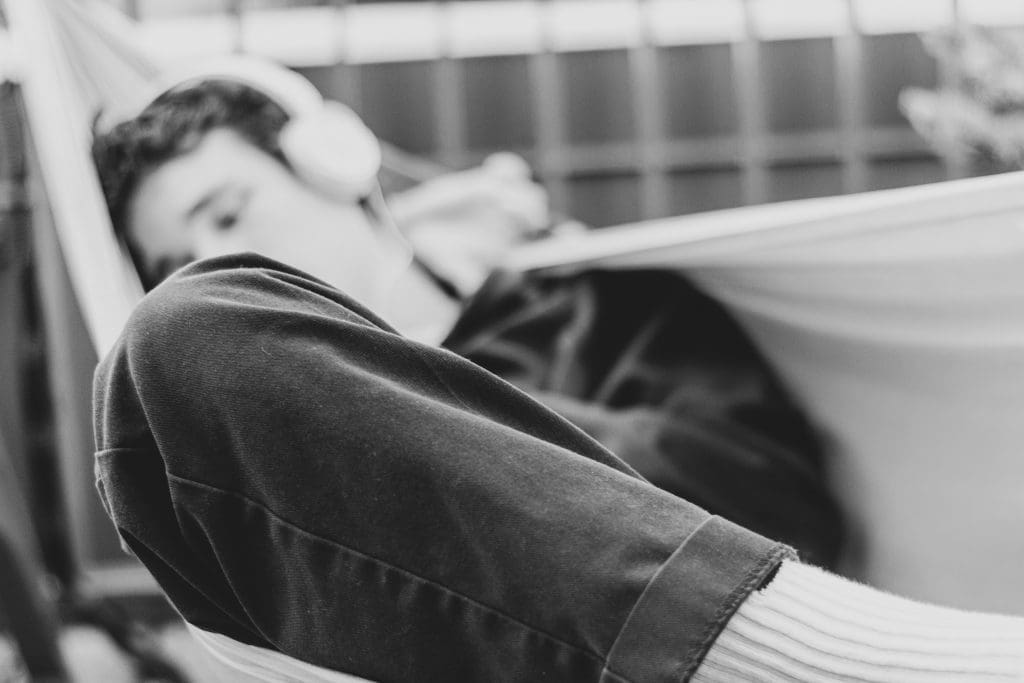
Of course, it can be really easy and tempting to keep your eyes closed for “five more minutes.” There are a few guides and tips online to help make sure you stick to your schedule, but consider the following:
Time and schedule naps:
Just like any other habit, napping should have some consistency. Everyone’s daily routine changes and no one’s is the same, but if you can find a period of time that you feel would be good for your child to squeeze a few minutes in, their body will start to associate it as a “recharge” time. They shouldn’t be too late in the day or too long either – most places suggest somewhere between 10-30 minutes.
Do NOT sleep in your bed
Even though this is a place where you’re meant to sleep, your body associates it with long periods of rest. If you nap here, you’ll likely find yourself sleeping for hours instead of a few minutes.
Plan the space accordingly
While you want to be comfortable, you don’t want the space to be cozy to the point that you never want to get out – you’re only there for a brief period of time after all. Make sure the space is dark, but cool, and use a lighter blanket as opposed to an entire comforter.
Keep your phone away
It can take a bit before you eventually fall asleep for your nap, and can therefore be tempting to go on your phone. Also, once your alarm goes off, having your phone next to you makes hitting the snooze button that much easier. Keeping your phone away (and on “do not disturb” to avoid notifications!) will force you to get up to turn off the alarm. If you have a smartwatch, try putting your alarm on there instead.
Ultimately, naps are a good thing, but it also (ironically) includes some hard work to make sure you’re taking them in a healthy way. You know your own mind and body the best, and it’s up to you to determine if they’re helpful to you, how much you need them, and when to tell that they’re becoming an issue and a sign of burnout and depression. That being said, getting that extra (or even missing) rest can be a pleasant and mood-boosting habit you can incorporate in your routine!
Do you take naps? What do you think of them? How would you differentiate depression naps and regular naps?



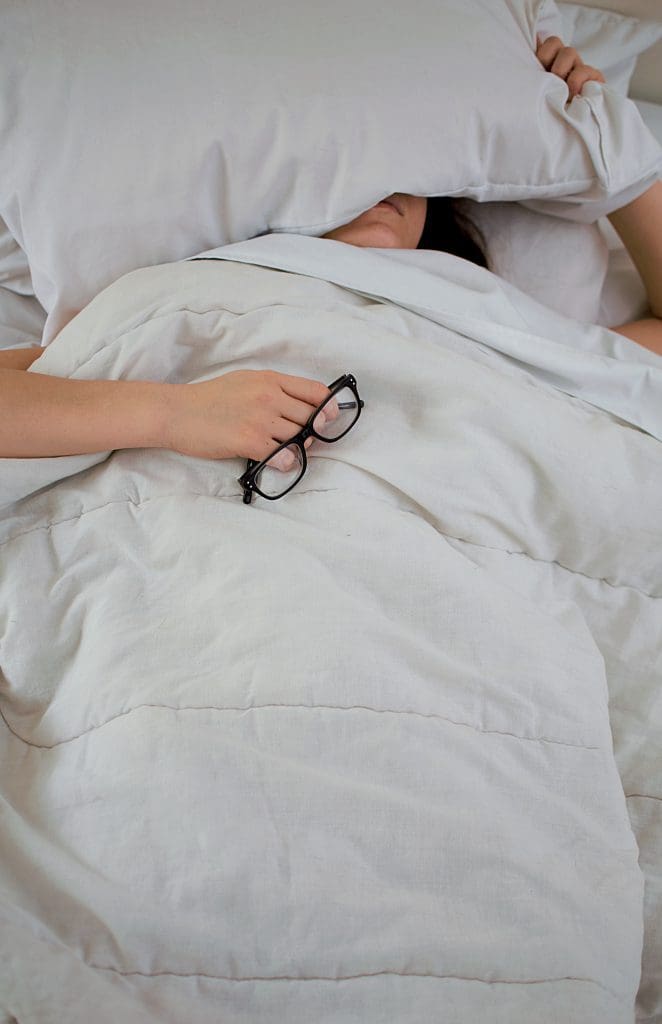

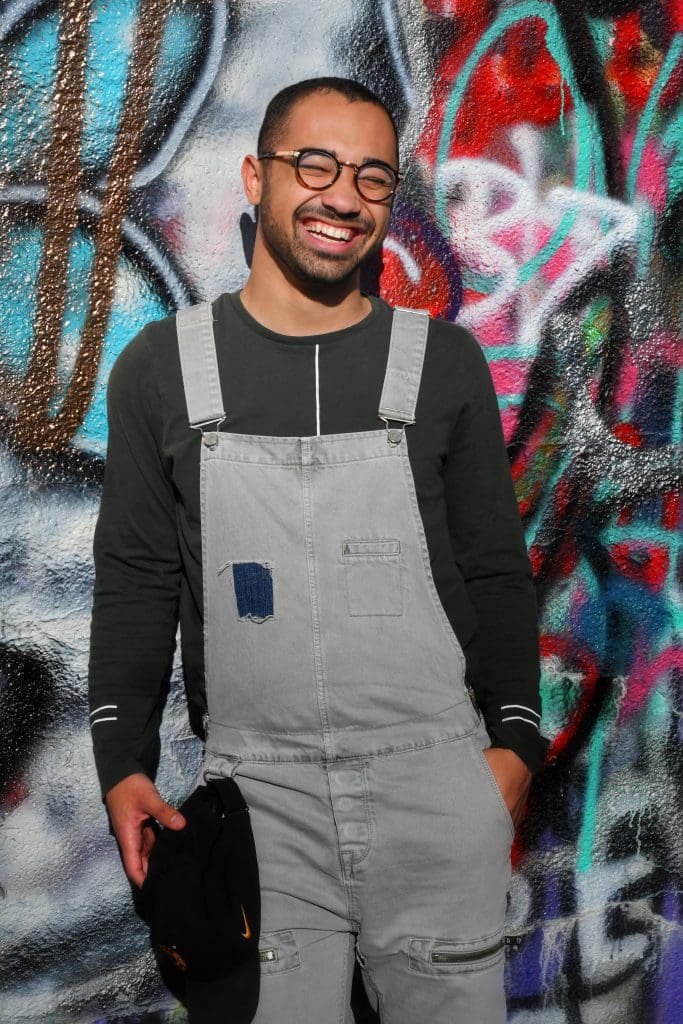


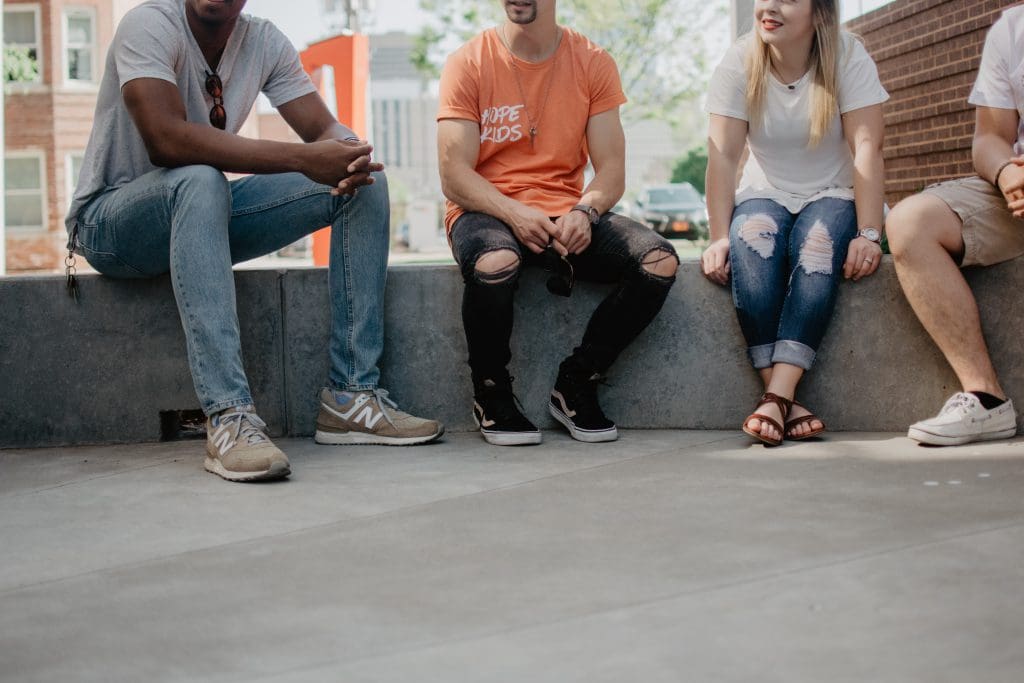


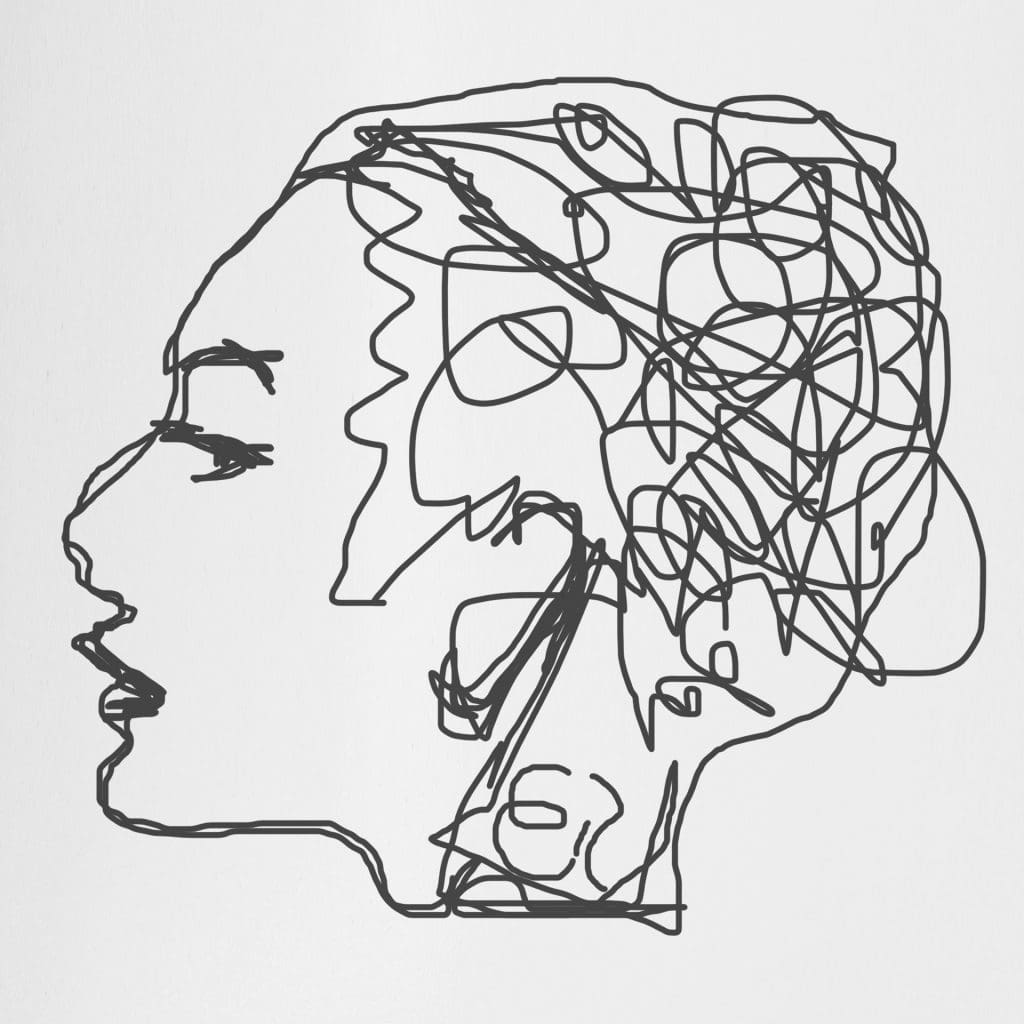
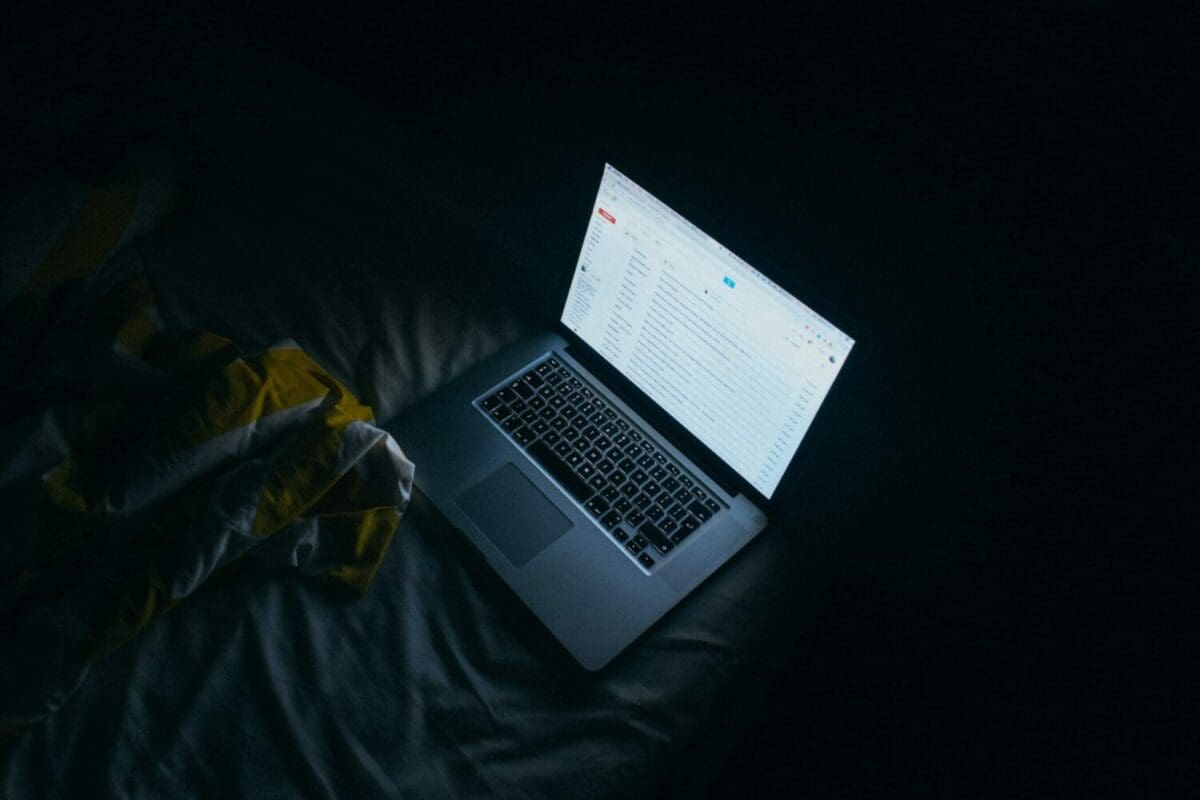
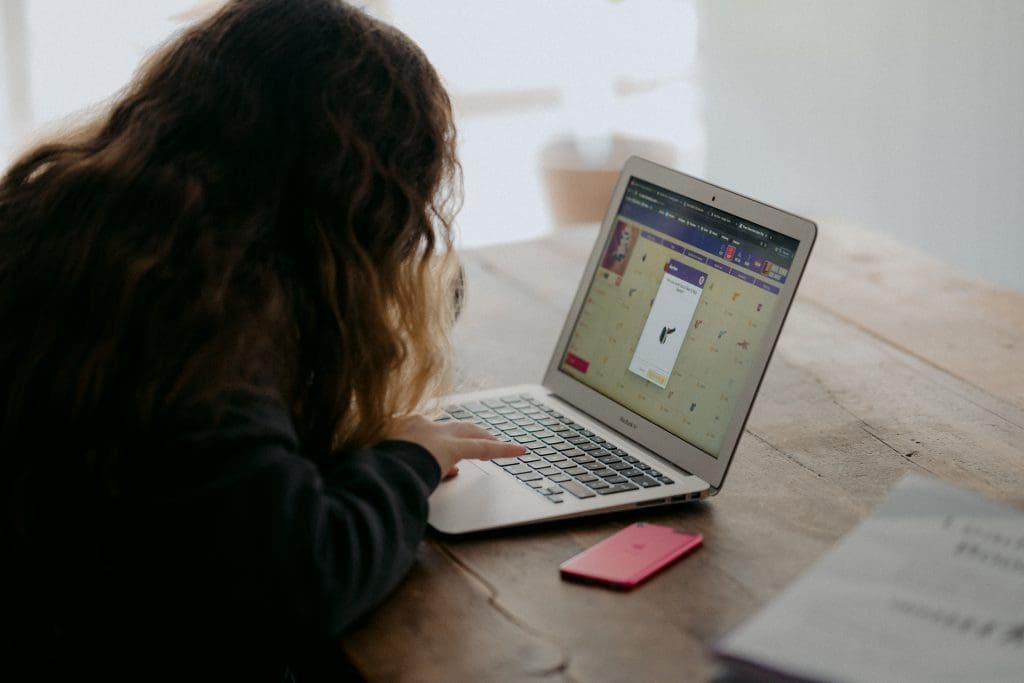
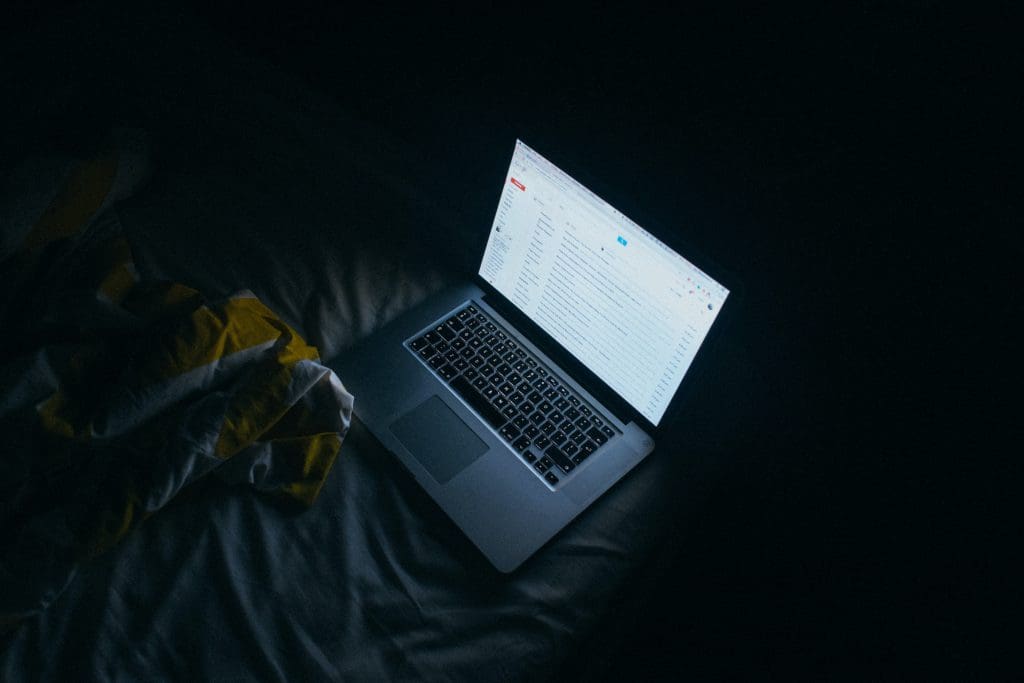

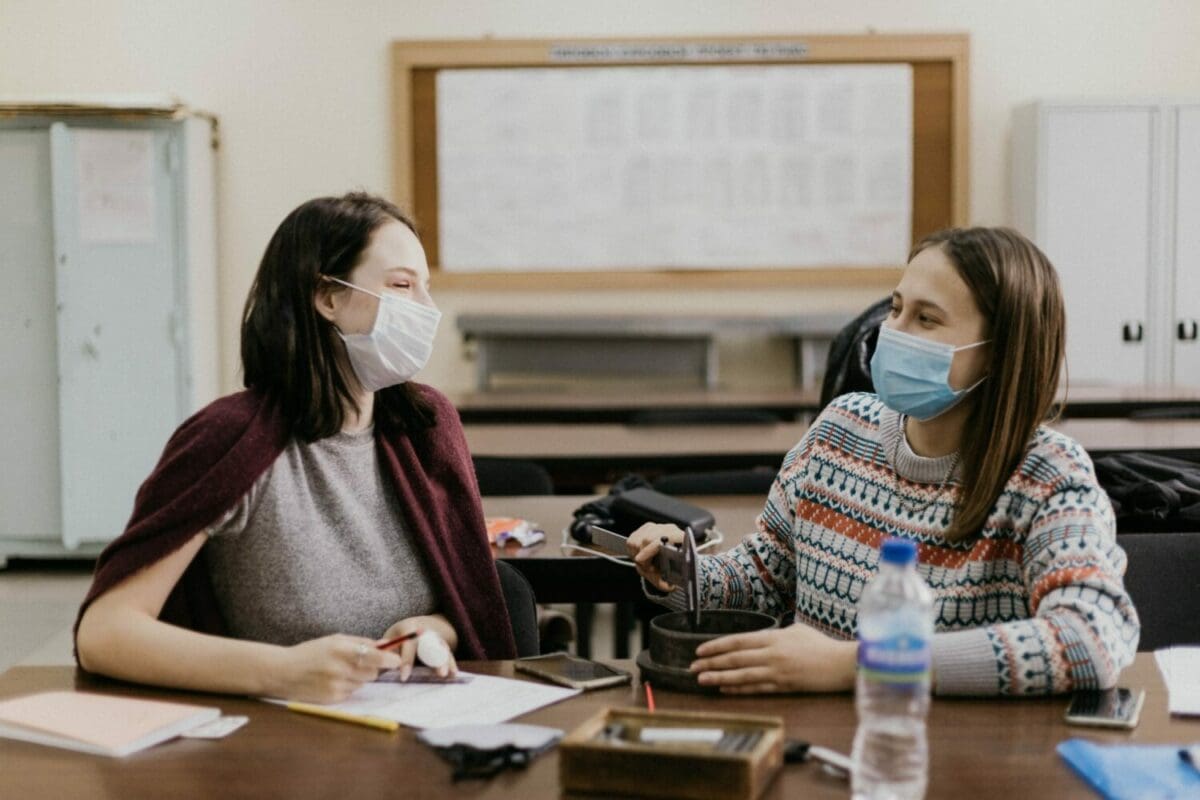

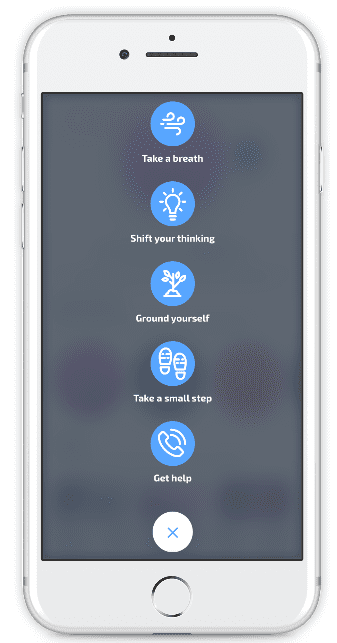

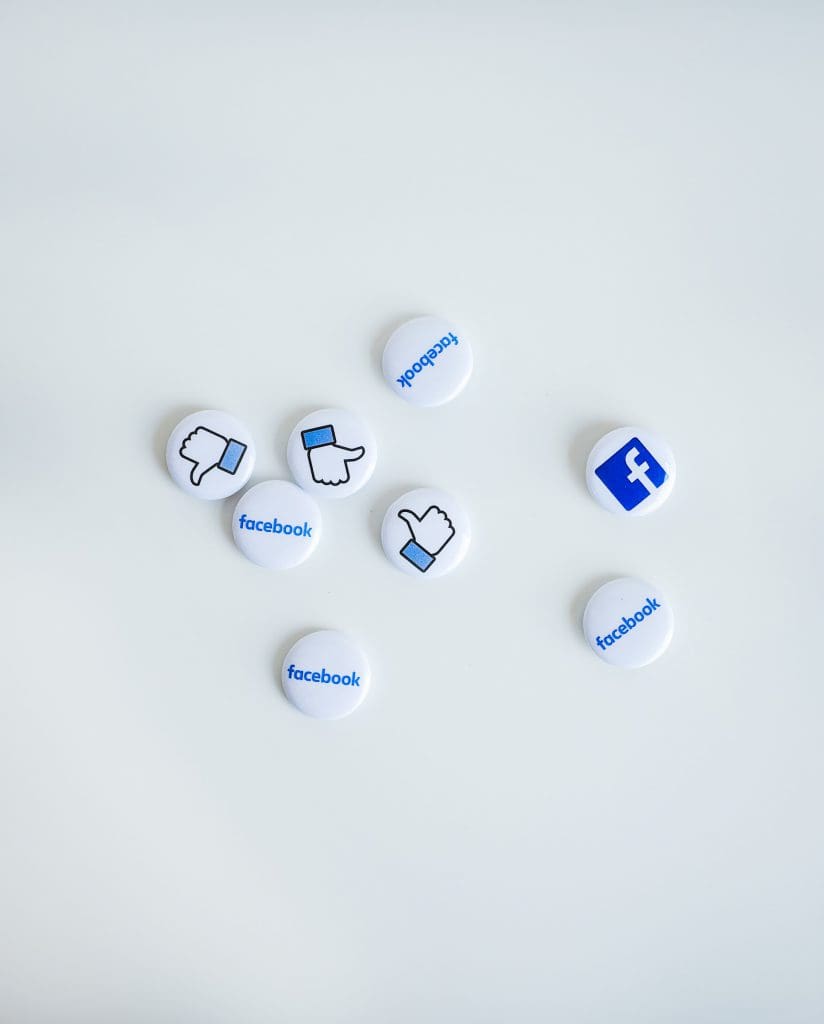
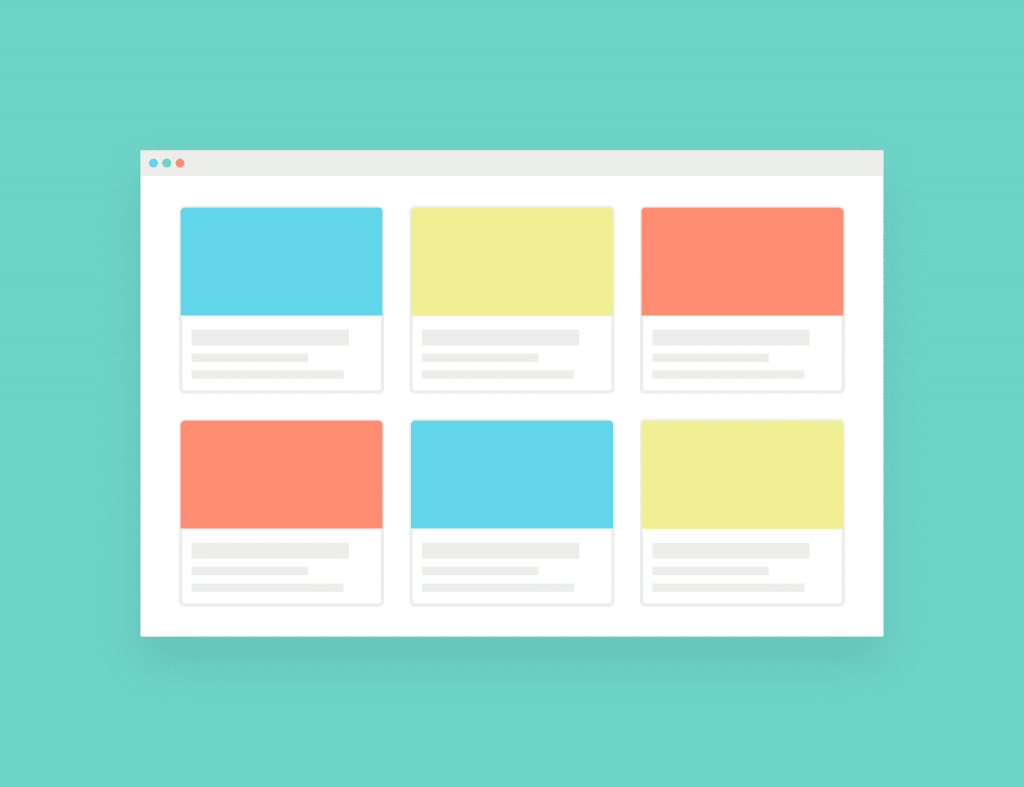
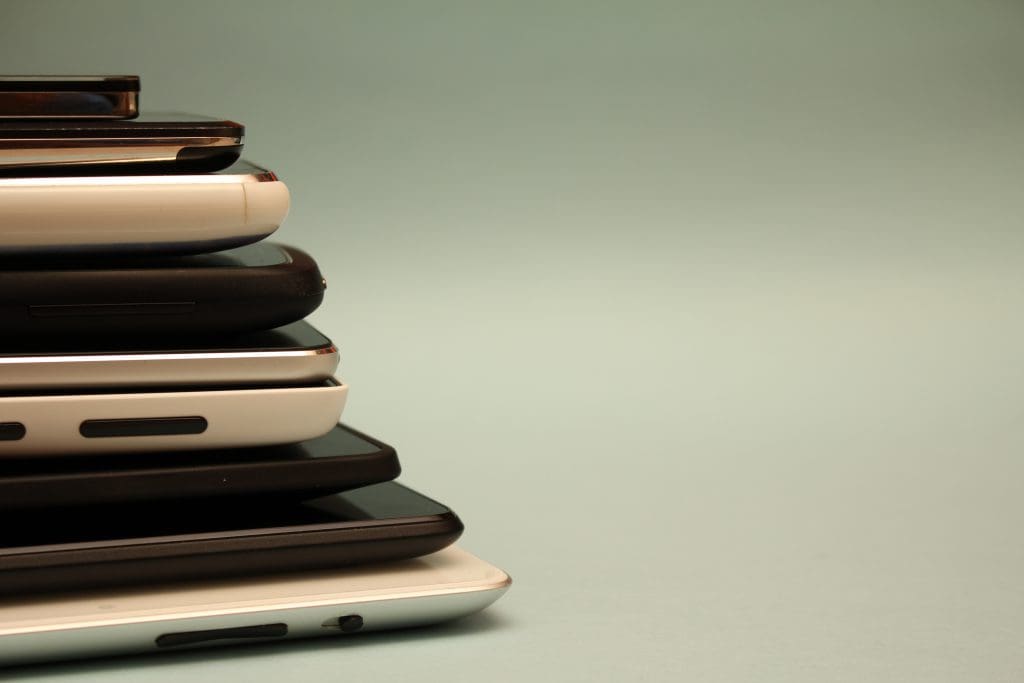
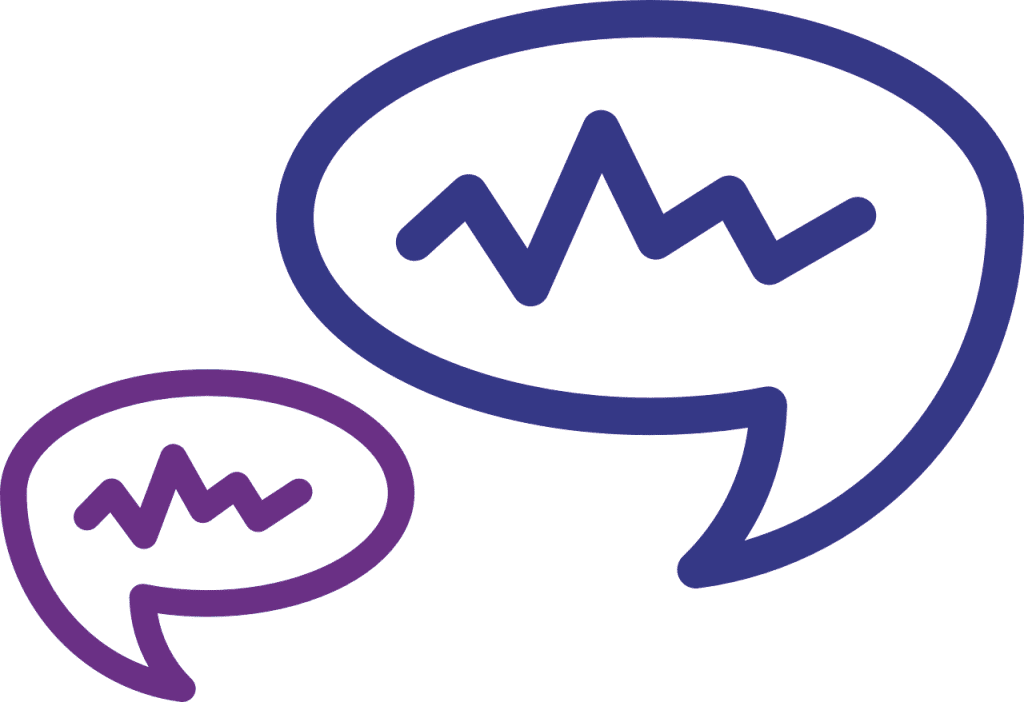
Recent Comments